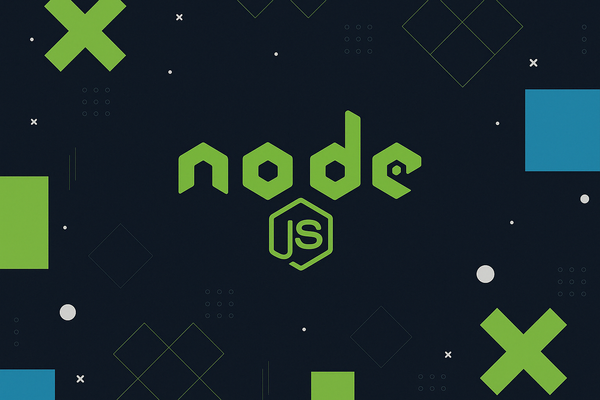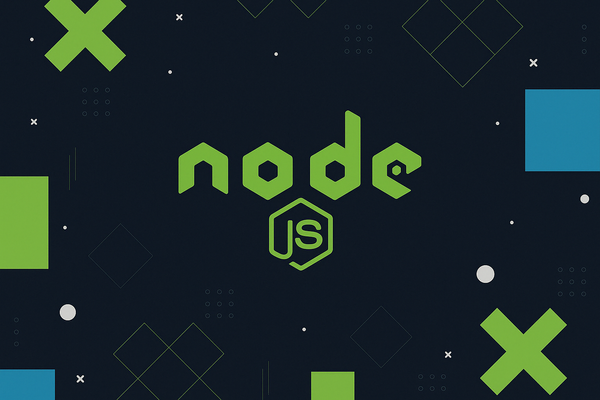Marketing on a Budget? How to Maximize Your Startup's Visibility with (Mostly) Free Platforms
Marketing your startup on a budget? Learn to maximize reach with (mostly) free platforms. Find communities, content sites, & directories. We share 5 to start & a resource for 400+ more to save you time and help your startup grow without breaking the bank.

So, you've poured your heart, soul, and probably a significant amount of caffeine into building your startup. The product is shaping up, the vision is clear, but now comes a hurdle that makes many founders sweat: marketing. Especially when the marketing budget looks more like a rounding error than a war chest.
The good news? You don't always need deep pockets to make a big splash. In the early days, strategic, scrappy, and smart marketing can be incredibly effective. The key is knowing where to focus your precious time and energy. Many powerful platforms out there can get your startup noticed without costing a dime, or at least, very little.
The Untapped Power of Free (and Almost Free) Platforms
Think about it:
- Niche Communities: Online forums, specific subreddits, Facebook groups, or Slack communities are teeming with people who share specific interests or face particular problems – problems your startup might solve! Engaging authentically here can build genuine connections and attract early adopters.
- Content Platforms: Medium, LinkedIn Articles, dev.to (for tech products), or even guest posting on relevant blogs allow you to share your expertise, tell your story, and drive organic traffic.
- Startup Directories & Listing Sites: Getting your startup listed on various directories (like BetaList, Startup Stash, or niche industry sites) can provide valuable backlinks and put you in front of people actively looking for new tools and services.
- Social Media (Beyond Paid Ads): Consistent, valuable content on platforms like Twitter, LinkedIn, Instagram, or TikTok (depending on your audience) can build brand awareness and a loyal following organically.
These platforms offer a chance to test your messaging, gather feedback, build an initial user base, and generate buzz—all with minimal financial outlay.
The Challenge: Where Do You Even Start?
While "free" sounds fantastic, the reality is that finding these platforms, vetting them, and figuring out which ones are worth your time can be a massive time sink. As a founder, your time is arguably your most valuable asset. Spending hours scouring the internet for "places to post my startup" is often inefficient and frustrating. You might find a few well-known spots, but what about the hidden gems? The niche communities that perfectly match your target audience?
This is where having a plan and some good starting points becomes essential.
5 Communities to Consider for Early Startup Promotion (and How to Approach Them)
Getting your startup out there often starts with engaging in the right communities. It's crucial to provide value first rather than just dropping links. Here are a few diverse examples:
- Reddit (e.g., r/startups, r/SideProject, or niche industry subreddits):
- Guidelines: Become an active member first. Read the rules of each subreddit carefully. Offer advice, answer questions, and share insights before mentioning your startup. When you do talk about your project, frame it as a solution to a problem discussed in the community, or ask for feedback. Avoid blatant self-promotion.
- Example Post Idea: "I've been working on a tool to help [solve specific problem often discussed in the sub]. Would love to get your feedback on [specific feature/aspect] if you've faced this."
- Indie Hackers (indiehackers.com):
- Guidelines: This community is for bootstrappers and independent makers. Share your journey authentically – the wins, the struggles, the lessons learned. Engage in discussions, offer support to others. You can share milestones, ask for feedback on your product, or write articles about your building process.
- Example Post Idea: A "Building in Public" post detailing a recent challenge you overcame, or a milestone like "Reached my first 10 users! Here's what I learned."
- LinkedIn Groups (relevant to your industry or target audience):
- Guidelines: Join groups where your potential customers or peers congregate. Share valuable articles (yours or others'), participate in discussions by offering thoughtful comments, and answer questions. Position yourself as a knowledgeable resource. Direct promotion is often frowned upon unless it's highly relevant to an ongoing conversation.
- Example Post Idea: Share an insightful article related to your industry and ask a thought-provoking question to spark discussion. If your startup offers a solution related to the topic, you might mention it contextually if appropriate.
- Product Hunt (producthunt.com):
- Guidelines: This is a platform for launching new products. Plan your launch carefully. Engage with the community beforehand. When you launch, clearly articulate your product's value proposition. Be present on launch day to answer questions and interact with commenters.
- Example Post Idea: Your launch day post should be concise, visually appealing, and clearly explain what your product does and for whom.
- Niche Forums or Slack/Discord Communities:
- Guidelines: These can be goldmines if you find ones highly specific to your target audience (e.g., a forum for freelance writers if your tool is for them, a Slack community for SaaS marketers). The rules are similar: be a genuine member, contribute value, and introduce your product organically when it makes sense as a solution or for feedback.
- Example Post Idea: In a discussion about a common pain point, "Actually, I've been building something that aims to tackle exactly this. It's still early, but [briefly explain how it helps]. Happy to share more if anyone's interested."
Finding More Places Like These (And a Little Help from Us):
The examples above are just a starting point. The internet is vast, and there are countless communities and platforms where your ideal customers might be spending their time. The key is to research and identify them. To help founders like you kickstart this research and discover a wider array of platforms, including many free and low-cost options, we have developed https://400places.foundergrowthkit.com/.
It’s a comprehensive directory designed to save you significant time and effort. For as little as $5.99, you can get access to this curated list of over 400 places to promote your startup. We believe it’s a small investment that can provide a broad overview of potential channels and help you strategize your outreach much more effectively.
Stop Draining Your Budget, Start Boosting Your Visibility
Marketing on a budget isn't about doing less; it's about doing smarter. It's about leveraging the incredible power of community, content, and strategic outreach on platforms that don't require hefty ad spends.
The early days of a startup are a marathon, not a sprint. Conserving your financial resources while maximizing your reach is crucial. Identifying the right places to share your message and engaging authentically can make a significant difference.
So, before you resign yourself to thinking you need a massive marketing budget to get noticed, take a moment. Explore the world of free and low-cost promotional platforms. Start with the communities mentioned, do your own research, and if you're looking for an affordable way to access a much broader list to explore, consider checking out our resource at Founder Growth Kit.
Your visibility can grow, without breaking the bank.





